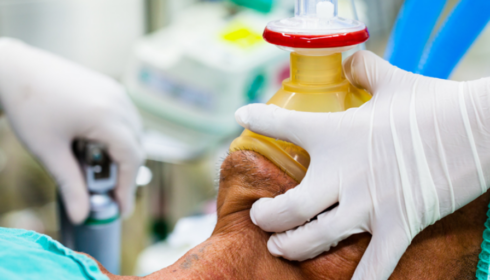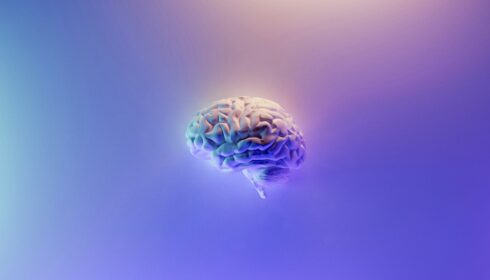Jacobs
Jacobs: Effect of adrenaline on survival in out-of-hospital cardiac arrest: A randomised double-blind placebo-controlled trial
Jacobs, Resuscitation, 2011(82):1138-1143
Clinical Question
- In patients with cardiac arrest does adrenaline, compared to placebo, improve survival to hospital discharge?
Design
- Randomised controlled trial
- Double blinded
- Randomised at time that adrenaline was required
Setting
- Pre-hospital, Western Australia
- 11.08.2006. – 30.11.2009.
Population
- Inclusion: adult patients with out-of-hospital cardiac arrests
- Exclusion: resuscitation not commenced
- 534 patients included out of 601 who were randomised
Intervention
- Adrenaline 1mg every 3 minutes
- Given after 3rd unsuccessful shock or after establishment of IV access in non-shockable rhythms
Control
- Placebo
- Given as per timings of adrenaline
Outcome
- Primary outcome: survival to hospital discharge
- 4% in adrenaline group vs. 1.9% in the placebo group (odds ratio 2.2; 95% C.I. 0.7-6.3), P=0.15
- Secondary outcome:
- pre-hospital return of spontaneous circulation (ROSC)
- 25.3% in adrenaline group vs. 8.4% in placebo group, P<0.001
- cerebral performance category 1 or 2 (Good neurological outcome) in patients that survived to hospital discharge
- 100% vs. 81.8%, P=0.31
- pre-hospital return of spontaneous circulation (ROSC)
Authors’ Conclusions
- Adrenaline improves ROSC but failed to improve survival to hospital discharge.
Strengths
- Randomised
- Double blinded
- Only randomised at time of giving adrenaline – the population studied included only the relevant population
Weaknesses
- Planned to recruit 5000 patients but only included 534 patients. This was after a number of ambulance services withdrew from the trial following the adverse press reports and political lobbying!
- Only 16 patients survived to hospital discharge therefore unable to make any definite conclusions
The Bottom Line
- Adrenaline increased ROSC following cardiac arrest. However there was no improvement in survival to hospital discharge or neurological outcome. Other trials, including the trial by Hagihara have provided some evidence that neurological outcome is worse in patients that are treated with adrenaline. Therefore we need to support a larger trial to determine the final answer.
Links
Full text pdf / abstract / doi: 10.1016/j.resuscitation.2011.06.029
Editorial, Commentaries or Blogs
- None
Metadata
Summary author: @davidslessor
Summary date: 16 May 2014
Peer-review editor: @stevemathieu75



